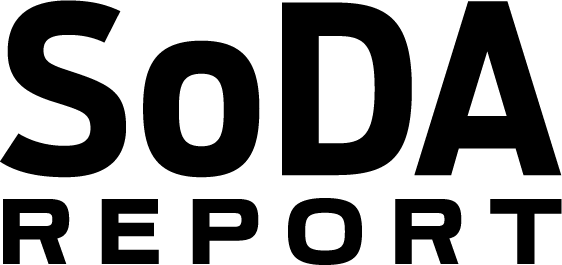Transforming the Work Landscape
by Pim van Helten, DPDK
The last two years have been eventful for the digital industry, to say the least. Customer expectations evolved and we witnessed a huge digital surge and adaptation. During this time, we also saw more and more organizations move towards a hybrid way of working, marking the start of a transformational shift in the work landscape.
The future of work is being shaped by this change as we speak. If there’s one thing I’ve learned in these last years, it’s that it has never been more important to be agile, open-minded, and adaptable to change. Let me explain.
A new way of working
It’s no secret that our personal and professional lives have become increasingly intertwined. Covid has transformed the way we live and work. This has led to the need for a new way of working to keep employees happy, engaged, and healthy.
What that looks like is of course different for each organization. But what’s often forgotten when shaping new policies is to ask our teams for guidance and feedback. At DPDK, we carried out a company-wide survey last year that sought out employees’ preferred way of working. The survey’s results showed that most employees prefer a combination of working from home and the office, and hybrid work was crowned the winner.
In response, a hybrid work policy was set in motion to give our team the freedom to structure how they want to operate - whether that’s one, two, or three days a week or month at the office. But we figured that’s not going to be enough. Employees are demanding more from their employers and aren’t afraid to quit their jobs if they don’t feel heard. This trend has become so widespread that it has been popularly dubbed ‘The Great Resignation’.
We’ve also introduced unlimited vacation to give employees more flexibility and autonomy. The move enables our team members to achieve a satisfying work-life balance and take the time off they need and deserve.
Navigating hybrid work
Of course, it’s not all roses: hybrid work has its fair share of challenges, especially for creative organizations. The inability to meet in-person has made it extra difficult (and all the more important) to build trust and establish strong relationships with both clients and colleagues. In a hybrid workplace, teams are scattered and demand greater emphasis on facilitating collaboration.
In my experience, having clear objectives, regular check-in moments, and SMART goals to work towards is key to creating cohesive relationships, regardless of whether it’s in person or online. This can be achieved with something as straightforward as having a communication cadence and setting up well-defined meeting structures.
Nevertheless, one of our biggest challenges to date is maintaining our creative culture. We no longer see our colleagues everyday, which can make employees feel more isolated and less part of a team. There’s also no straightforward path to follow, as this is new for most organizations.
To me, it kind of feels like starting with a blank canvas. How do you create something from nothing? Well, just as in the creative process, you simply have to start, experiment, and accept the possibility of failure. At DPDK for example, we tested multiple collaboration tools, learned that providing employees with the right home setup is key, and found out that while digital office events are fun, they can’t substitute an in-person experience.
And then after a while, you’re no longer looking at that blank canvas, but have begun to learn and create.
Looking ahead
There’s no doubt that competition in the digital landscape will intensify in 2022 and beyond. Standing out from the crowd and speed of delivery are essential for survival - not only in gaining new customers but also in attracting and retaining digital talents. This puts quite a bit of pressure on agencies, as we need to be structured and flexible at the same time.
At DPDK, our focus is on competing with a culture of exceptionalism to attract and retain the best talent, forge successful client relationships, and stay ahead of the pack in an ever-evolving work environment. We’ll do this by tackling three main obstacles: building a global HR team, creating a sustainable creative culture, and improving operational efficiency. The way we see it, happy people and a positive work experience produce exceptional work.
The future of work is not laid out in front of us. Change is constant. Get creative, experiment, reinvent yourself, fail fast, and work on that blank canvas.
Pim van Helten, DPDK


